
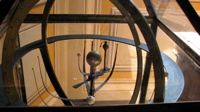
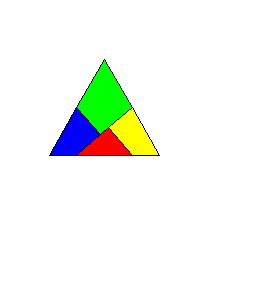
| Technology, as a historically ancient and complicated subject, is a little like a puzzle whose parts are not all there. | |||

|

|

|
|
| an electrical charge in a vacuum tube | A model of the earth in an armillary sphere | parts of a puzzle put together in two ways | |
| The art of putting together parts to make a functional whole. | |||
| Means of organizing technology as a study. | ||
| Etymologically | Chronologically | Thematically |
What do words like machine, automatic, manufacture, horse power, electricity, robot, cybernetics, transistor, or systems engineering mean and when were they first used?
In what context were words like science and technology brought together once they were initially used?
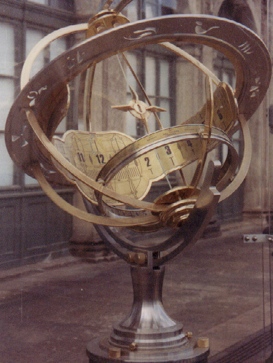
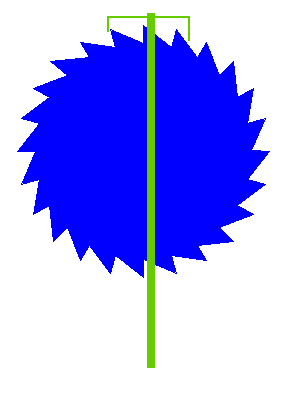
Fine technology was responsible for the mechanization of the timepieces we call clocks & watches. 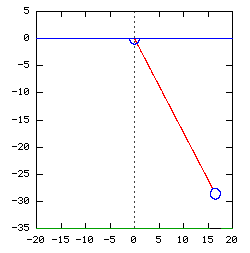
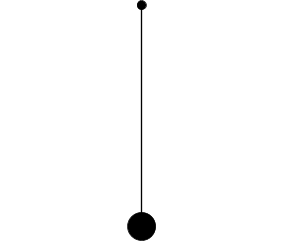
Explaining and examining critical turning points to show there is a procession in every tool complex from initiation, adoption, dispersal, adaptation, and exaptation that moves from one well defined period to another.
Postman uses Lewis Mumford's three broad categories in the emergence of modern tools to explain a process of increasing complexity on tools and deepening dependence on fossil fuels from 1500-2000.
| Period | Meaning | Characteristic tool complexes |
| Eotechnical | wind - water driven | Water mill, olive press, forge & bellows. |
1400s |
Dutch windmill | Wind mills for drainage & grinding. |
1600s |
adapted from China | Canals, locks, levees, dams for transport. |
| Paleotechnical | coal - coke driven | Iron furnaces, charcoal, limekilns. |
1830s |
"Tom Thumb" engine | Railways, steel, timber, water for travel. |
1840s |
"Morse code" (binary) | Textiles, shipbuilding, machinery, telegraph. |
| Eotechnical | oil - electrically driven | Dynamo or generators for DC and AC |
1880s |
Daimler & Maibach motor | Automotive engineering for transport |
1890s |
Cloud chamber & electrons | radio, telephone, computers, refrigeration |
For an example of a series of changes over time in one sphere of technological advances see Postman on communications and information.
There is in technological stories or stories that include magical devices (Rumplestiltskin, Don Quixote, Prometheus, or Brave New World) overt or implied reactions to the technology of the times affecting human relationships, testing personal responsibility, or as in Faust offering the hero vast power in exchange for her or his soul. These stories fall into technophilic and technophobic categories, hence the good versus bad themes in the discussion of techniques in the past.
Contrasting Postman and Pacey.
| Good | Bad | Uncertainty |
Technophilia |
Technophobia |
technological
autism |
Daedalus |
Prometheus |
Rip Van Winkle |
"Deus ex machina" in Euripides |
Don Quixote de La Mancha | I
Robot, Isaac Assimov |
Faust |
Moby
Dick |
|
Jules Verne, From the Earth to the Moon |
Mary Shelley, Frankenstein |
The Octopus |
H. G. Wells, The Time Machine |
E. M. Forster, The Machine
Stops |
The Great Gatsby |
The Wizard of Oz |
Brave New World |
Bonfire of the Vanities |
2001 A Space Odyssey |
White Noise |
Pursell | Pacey–World | Postman | Head | Tenner |Pacey–meaning| Eberhart | Snow | Kaku | Boulding | Delillo | Kranzberg
| Postman–Tech | Postman–Television |